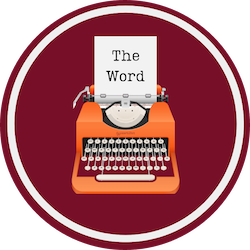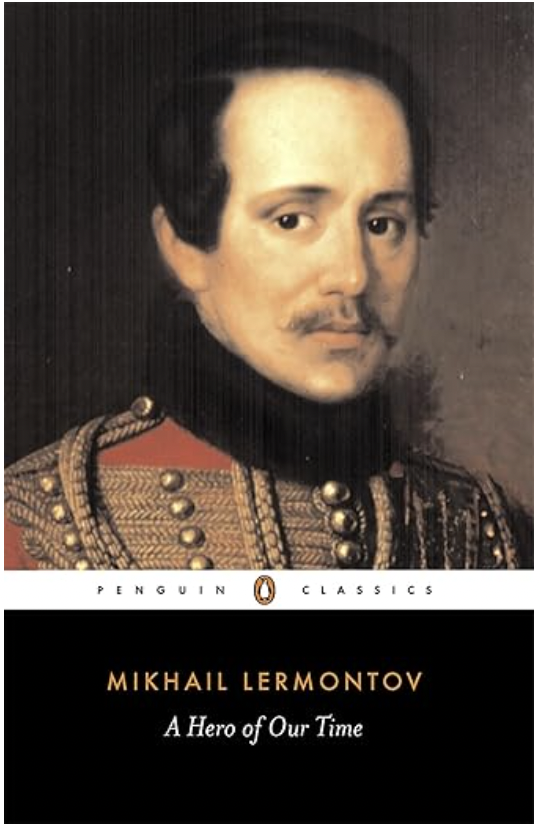A Hero of Our Time
The first example of the psychological novel in Russia, A Hero of Our Time influenced Tolstoy, Dostoyevsky, and Chekhov, and other great nineteenth-century masters that followed. Its hero, Pechorin, is Byronic in his wasted gifts, his cynicism, and his desire for any kind of action-good or ill-that will stave off boredom. Outraging many critics when it was first published in 1840, A Hero of Our Time follows Pechorin as he embarks on an exciting adventure involving brigands, smugglers, soldiers, rivals, and lovers.
The first example of the psychological novel in Russia, A Hero of Our Time influenced Tolstoy, Dostoyevsky, and Chekhov, and other great nineteenth-century masters that followed. Its hero, Pechorin, is Byronic in his wasted gifts, his cynicism, and his desire for any kind of action-good or ill-that will stave off boredom. Outraging many critics when it was first published in 1840, A Hero of Our Time follows Pechorin as he embarks on an exciting adventure involving brigands, smugglers, soldiers, rivals, and lovers.
The first example of the psychological novel in Russia, A Hero of Our Time influenced Tolstoy, Dostoyevsky, and Chekhov, and other great nineteenth-century masters that followed. Its hero, Pechorin, is Byronic in his wasted gifts, his cynicism, and his desire for any kind of action-good or ill-that will stave off boredom. Outraging many critics when it was first published in 1840, A Hero of Our Time follows Pechorin as he embarks on an exciting adventure involving brigands, smugglers, soldiers, rivals, and lovers.

